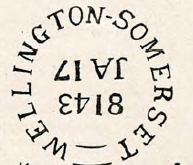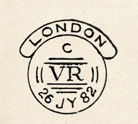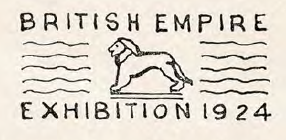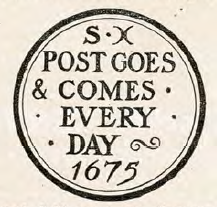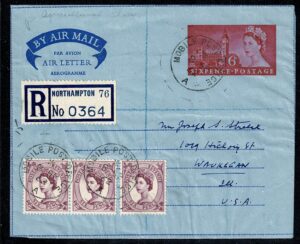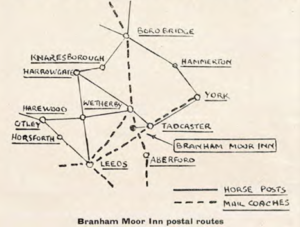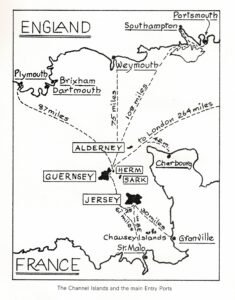THE PHILATELIC REGISTER is owned, published and edited by Ian Lasok-Smith
Contact Address: 6 Hough Green, Chester, CH4 8JG. Email: [email protected]
ThePhilatelicRegister.com has replaced the montly issue of The Philatelic Register. The change in format has been dictated by the need to have a format that is more sustainable with regards the time required to keep it updated. As was The Philatelic Register, this evolving resource is FREE, users just need to register (only name and email address required) on the site to gain full access to article content. All articles may be downloaded and printed or saved to PC. The site has been constructed on a WordPress platform and as such has afforded much more versatility and new opportunites compared with original format.
I hope that as it evolves this new format will make it easier to fulfill the “Mission Statement” that encompasses the inspiration behind the original idea.
REGISTRATION: The registration process on this site has default email verification, this cannot be bypassed. Please check your spam folder if not received. If not in spam folder please advise me on [email protected] using the email address you used at registration. I will then manually validate your account ASAP. Please allow at least 48 hours for manual registration before contacting again.
(you may see reference to your profile at times when logging in or out. This has no effective relevance as the only details that those registering are able to enter are their name and email address. I have intentionally kept personal details to the practical minimum)
LOGIN: This website has a default plugin to prevent malware or Distributed Denial of Service attacks. This security measure cannot be removed or deactivated. If subscribers make too many logins in a short period of time they may receive an “Access Denied” message. To try and mitigate subscribers inadvertently falling victim of this, I have set the inactivity logout at 60 minutes. Therefore if you need to leave the site for a short period of time you should likely not need to login again on your return.
If it so happens that you do receive an “Access Denied” message you will need to wait 30 minutes or so before attempting to log in again.
If you receive such a message on your first attempted login during a session it is likely to reflect the number of others logging in around the same time.
There will be an option to post comments on selected postings. It is hoped that by requiring registration it will discourage the leaving of inappropriate comments and mitigate the need for moderation of posts prior to publication. This would delay the publication and potentially devalue the facility if a posting would benefit from an early response (at times the facility to moderate comments may be activated if it is likely I will not be able to monitor for a while). As administrator I reserve the right to remove any post without need to give reason. Those deemed to be “abusing” the facility will have their registration revoked.
The most important purpose of the site is to provide a varied and expanding repository of knowledge and in doing so also try to recognise and preserve the work of many dedicated philatelists over the years. There will be regular postings but not at any specified times. The most recent postings appearing in “Latest Postings” in the sidebar.
The content of the site will be fully searchable using the search engine on the site.
Ian Lasok-Smith. Owner, Publisher and Editor “The Philatelic Register”
Philatelic Traders Society (Gold Membership)

